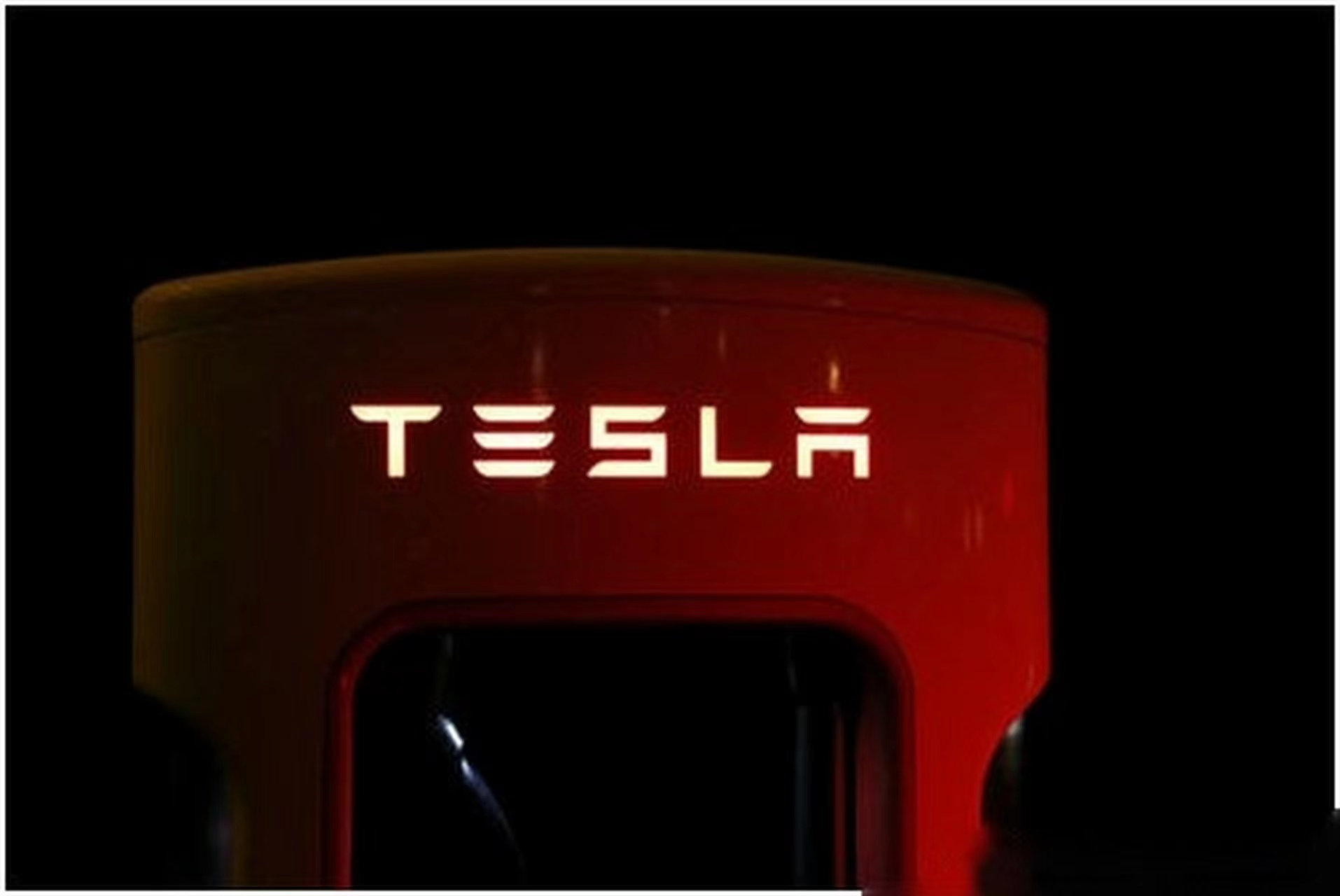Author | Zhou Mianwu
Editor | Cold Zelin
Recently, Liang Yubo, Executive Vice President of BYD Group, said in an interview, “Tesla is a very successful company. BYD respects and admires Tesla. BYD will provide battery products for Tesla. Tesla is a model for BYD to learn from.”
The statement shows that BYD’s attitude is very low-key with “respect” being common, and “admire” and “model for learning” being uncommon. At least from the perspective of media spokesmanship, BYD is not immersed in the joy of delivering 110,000 vehicles in May, which far exceeds other new car manufacturers, and instead, it has a sense of pragmatism.
Last year, there were rumors that BYD would supply Tesla with “blade batteries,” and at the beginning of this year, someone leaked that Tesla had ordered 204,000 units per year from BYD subsidiary Fudi Battery.
What is the concept of 200,000 units per year? It is about twice that of the cumulative delivery volume of NIO, XPeng, and Li Auto before 2021. This accounts for 42.5% of Tesla’s Shanghai plant’s capacity of 480,000 in 2021.
Tesla’s current planned annual capacity at the Shanghai plant is one million.
For Tesla, although BYD and themselves have fierce competition, having multiple battery suppliers can also spread risks.
Earlier, there were leaks that He XPeng, CEO of XPeng Motors, once went to confront Zeng Yuqun at the headquarters of CATL.
In response, XPeng Motors officially stated, “The argument is completely a rumor.”
But in fact, XPeng has added CALB to its list of battery suppliers. It is believed that CATL would not feel good about seeing Tesla add BYD as a battery supplier again.
In the present year of 2022, battery costs still account for 30-40% of the total vehicle cost. Having multiple suppliers for such a critical component is undoubtedly important.
BYD supplying screens for Tesla is somewhat similar to Samsung supplying screens for Apple. Although Samsung and Apple have fierce competition in the smartphone market, they cannot deny that Samsung’s high-end screens are good. Under comprehensive consideration, Apple is still willing to approach competitors for screens.
However, the difference between Fudi batteries and Samsung screens is that they may have greater independence in the future.
Li Yunfei, Brand and Public Relations General Manager of BYD, said in 2021, “In the future, BYD may only be a major shareholder of Fudi batteries. Many people in the industry will participate, and Fudi belongs to everyone, not just BYD.”
If Fudi batteries are eventually spun off and listed, and they are willing to open up equity to other vehicle manufacturers, it is undoubtedly good news for the industry and a typical approach of making the whole cake larger.The traditional car manufacturers used to be more like hardware companies in the past, but new energy vehicles in the future, equipped with intelligent cabins and autonomous driving, will definitely be a software company.
Software companies have much greater profit potential than hardware companies, which means that the future new energy vehicle market will not only replace the traditional fuel vehicle market, but will create a market space that is two to three times larger.
Perhaps it is because of the huge cake that Byd would be willing to consider making friends, and objectively, after the spin-off, it would also make it easier for Fudi Battery to get more funding.
The battery production line is a high investment industry, and although it will lose some control, it is better to secure Fudi’s rapid growth and take more market share than let it fall into the hands of Ningde era for free.
Since Tesla can choose Byd as a battery supplier, is it possible for Byd to choose Hongmeng cabin?
This article is a translation by ChatGPT of a Chinese report from 42HOW. If you have any questions about it, please email bd@42how.com.
